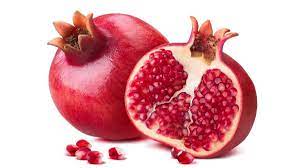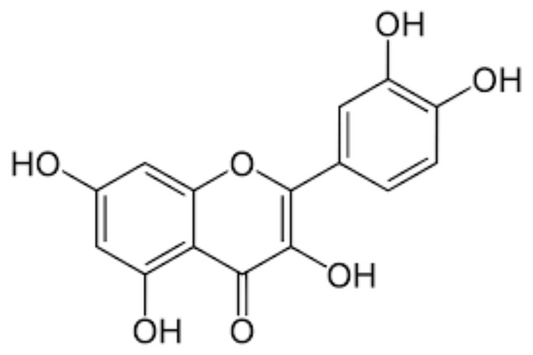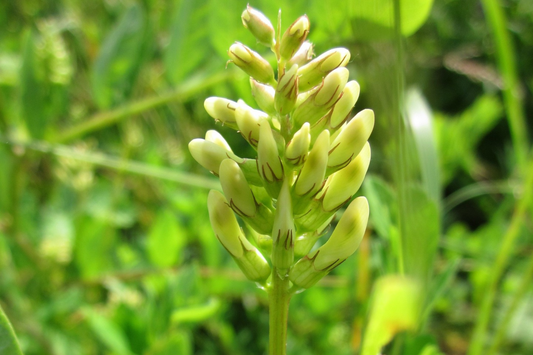- Increased Alertness and Concentration: Improved Cognitive Function: Caffeine can enhance cognitive performance, with studies showing a 12% improvement in reaction time and a 14% improvement in attention and concentration (Source: Psychopharmacology).
- Enhanced Physical Performance: Improved Exercise Performance: Caffeine can enhance physical endurance by increasing the release of adrenaline. Athletes have experienced a 12% improvement in exercise performance (Source: Sports Medicine).
- Weight Management: Increased Metabolism: Caffeine can boost metabolism, leading to an increase in calorie burning. Some studies show an increase in metabolic rate by up to 11% (Source: American Journal of Clinical Nutrition).
- Mood Elevation: Elevated Mood: Caffeine consumption is associated with a reduction in the risk of depression, with a 20% lower risk of depression in regular consumers (Source: The World Journal of Biological Psychiatry).
- Headache Relief: Migraine Relief: Caffeine can enhance the effectiveness of pain relievers, with studies showing a 40% reduction in migraine pain intensity (Source: Journal of the American Medical Association).
- Reduced Risk of Parkinson's Disease:
- Lowered Risk: Regular caffeine consumption has been associated with a 32% lower risk of developing Parkinson's disease (Source: JAMA Neurology).
- Improved Respiratory Function: Asthma Relief: Caffeine may help in managing asthma by relaxing the airway muscles. Studies have shown an increase in lung function by up to 5% (Source: The Cochrane Database of Systematic Reviews).
- Liver Health: Reduced Liver Disease Risk: Caffeine intake has been linked to a reduced risk of liver diseases, including liver fibrosis, with a 39% lower risk (Source: Alimentary Pharmacology & Therapeutics).
- Reduced Risk of Stroke:
- Stroke Risk Reduction: Regular coffee consumption has been associated with a 14% lower risk of stroke (Source: Stroke)
- Longevity: Increased Lifespan: Some studies suggest that caffeine consumption is associated with increased longevity, with a 10% reduction in the risk of premature death (Source: New England Journal of Medicine)
The Fountain of Youth in Your Coffee Cup: How Caffeine Fights Aging
Caffeine is a naturally occurring stimulant found in many foods and beverages, including coffee, tea, chocolate, and energy drinks. It is the most widely consumed psychoactive drug in the world, between 30- 90% of adults consuming it regularly, depending on location.1 While caffeine is often associated with increased energy and alertness, it has also been found to play a role in anti-aging.
Caffeine works by blocking the action of adenosine, an inhibitory neurotransmitter in the brain.2 Adenosine builds up in the brain throughout the day, leading to feelings of drowsiness and a decrease in cognitive function. By blocking adenosine, caffeine can increase the firing of neurons and the concentration of neurotransmitters like dopamine and norepinephrine.3,4 This can improve various aspects of brain function, including mood, vigilance, reaction time, and memory.
In addition to its effects on brain function, caffeine has also been found to have anti-aging properties. One of the key mechanisms by which caffeine may promote anti-aging is through its ability to act as an antioxidant.5,6 Antioxidants are substances that neutralize free radicals, unstable molecules that can damage cells and contribute to the aging process.
In addition to its antioxidant properties, caffeine has been found to have anti-inflammatory effects.7-9 Inflammation is a natural process in the body that helps to fight off infections and heal injuries, but chronic inflammation can contribute to a wide range of health problems, including heart disease, cancer, and Alzheimer's disease. By reducing inflammation in the body, caffeine may help to slow the aging process and reduce the risk of age-related diseases.
Caffeine has also been found to have neuroprotective properties. Research suggests that caffeine may help to protect against age-related cognitive decline and reduce the risk of neurodegenerative diseases like Alzheimer's and Parkinson's disease. 10-12
In addition to its effects on the brain, caffeine may also promote anti-aging by improving physical performance. For example, a review aimed to evaluate the effectiveness of a moderate dose of caffeine on soccer physical performance. The researchers conducted a structured search following specific guidelines to identify studies that compared caffeine intake with an identical placebo situation. The review included 17 articles that investigated the effects of caffeine on soccer-specific abilities and muscle damage. The results of the review showed that a moderate dose of caffeine, ingested 5-60 minutes before a soccer practice, can produce valuable improvements in certain abilities related to enhanced soccer physical performance. Specifically, five investigations found that caffeine had ergogenic effects (enhancement of physical performance or work output) on jump performance, four investigations found the same effect on repeated sprint ability, and two investigations found the same effect on running distance during a simulated soccer game.13
Caffeine has been found to increase the mobilization of fatty acids from fat tissue, making them available for use as energy by the body's cells.14 This can improve physical performance and help to prevent muscle fatigue during exercise. Studies have also suggested that caffeine may increase metabolic rate, leading to increased calorie burning and weight loss.15-17
In conclusion, caffeine is a potent antioxidant with anti-inflammatory and neuroprotective properties that may play a role in anti-aging.
References:
- Fredholm BB. Adenosine, adenosine receptors and the actions of caffeine. Pharmacology & toxicology. 1995 Feb;76(2):93-101.
- Davis JM, Zhao Z, Stock HS, Mehl KA, Buggy J, Hand GA. Central nervous system effects of caffeine and adenosine on fatigue. American Journal of Physiology-Regulatory, Integrative and Comparative Physiology. 2003 Feb 1.
- León‐Carmona JR, Galano A. Free radical scavenging activity of caffeine's metabolites. International Journal of Quantum Chemistry. 2012 Nov 5;112(21):3472-8.
- Vieira AJ, Gaspar EM, Santos PM. Mechanisms of potential antioxidant activity of caffeine. Radiation Physics and Chemistry. 2020 Sep 1;174:108968.
- Barcelos RP, Souza MA, Amaral GP, Stefanello ST, Bresciani G, Fighera MR, Soares FA, Barbosa ND. Caffeine intake may modulate inflammation markers in trained rats. Nutrients. 2014 Apr 21;6(4):1678-90.
- Brothers HM, Marchalant Y, Wenk GL. Caffeine attenuates lipopolysaccharide-induced neuroinflammation. Neuroscience letters. 2010 Aug 16;480(2):97-100.
- Lv X, Chen Z, Li J, Zhang L, Liu H, Huang C, Zhu P. Caffeine protects against alcoholic liver injury by attenuating inflammatory response and oxidative stress. Inflammation Research. 2010 Aug;59:635-45.
- Prediger RD. Effects of caffeine in Parkinson's disease: from neuroprotection to the management of motor and non-motor symptoms. Journal of Alzheimer's Disease. 2010 Apr 14;20(s1):S205-20.
- M Yelanchezian YM, Waldvogel HJ, Faull RL, Kwakowsky A. Neuroprotective effect of caffeine in Alzheimer’s disease. Molecules. 2022 Jun 10;27(12):3737.
- Greenway FL, De Jonge L, Blanchard D, Frisard M, Smith SR. Effect of a dietary herbal supplement containing caffeine and ephedra on weight, metabolic rate, and body composition. Obesity research. 2004 Jul;12(7):1152-7.
- Tabrizi R, Saneei P, Lankarani KB, Akbari M, Kolahdooz F, Esmaillzadeh A, Nadi-Ravandi S, Mazoochi M, Asemi Z. The effects of caffeine intake on weight loss: a systematic review and dos-response meta-analysis of randomized controlled trials. Critical reviews in food science and nutrition. 2019 Sep 8;59(16):2688-96.




